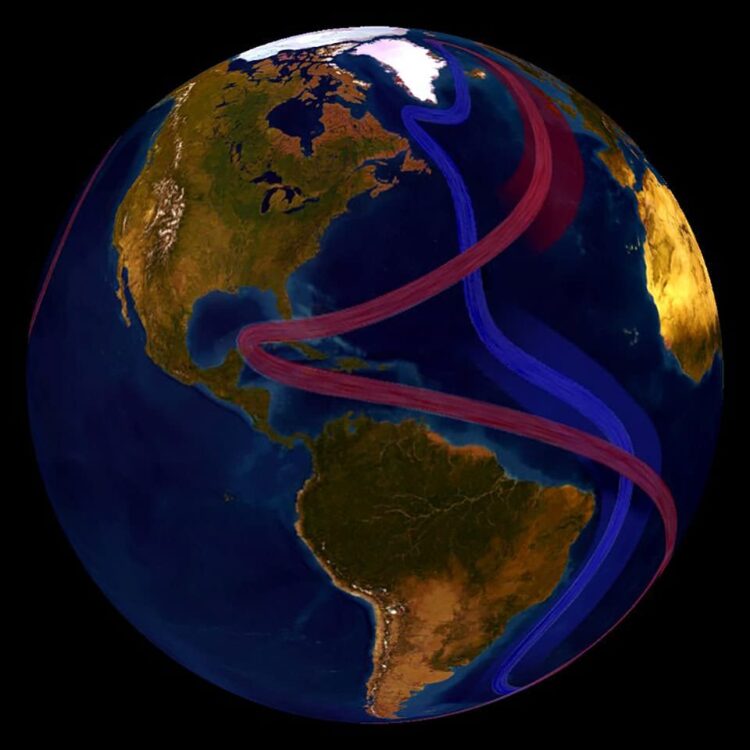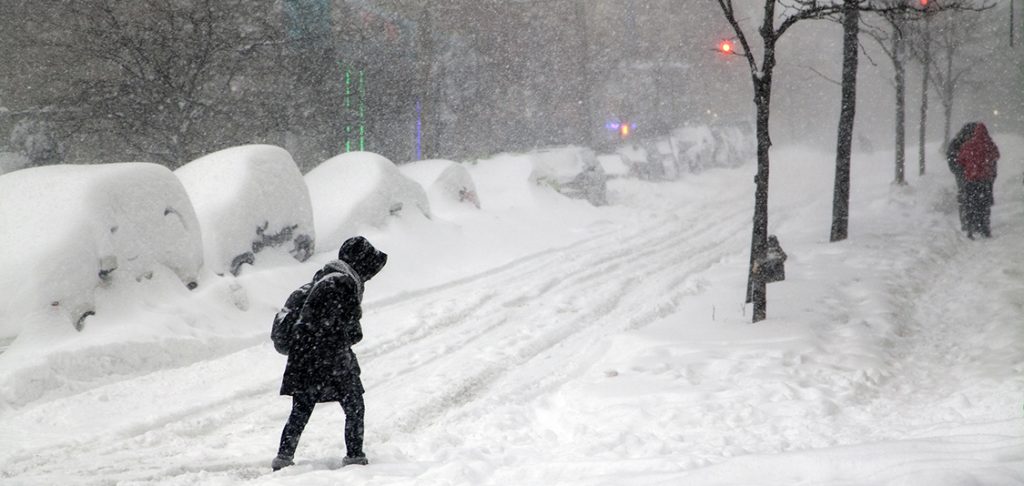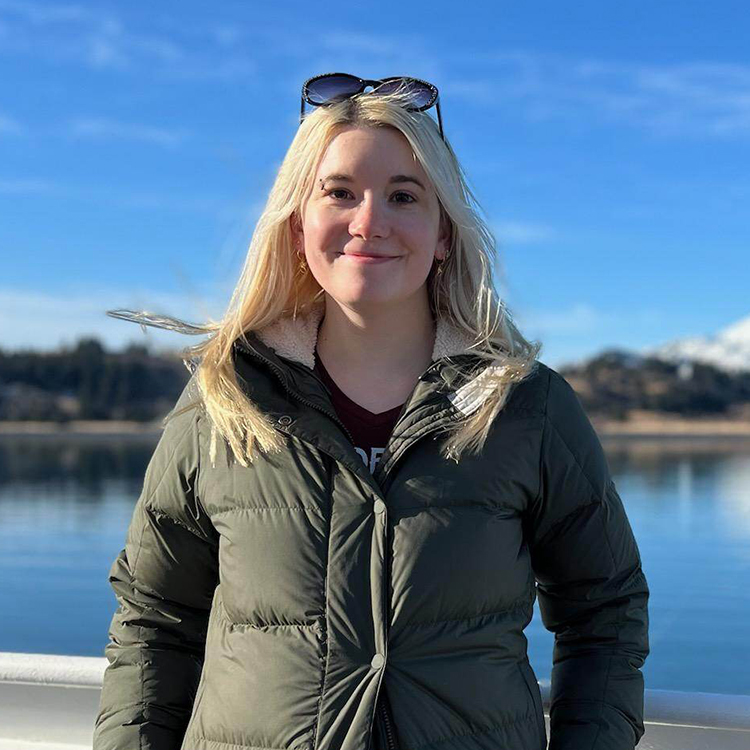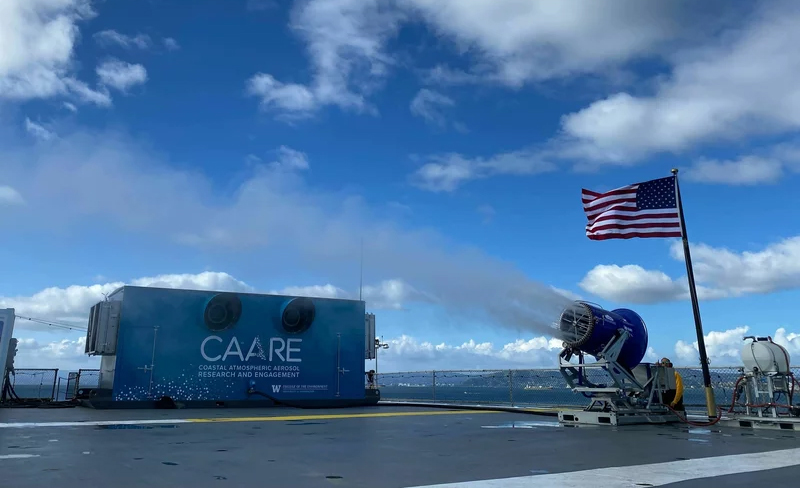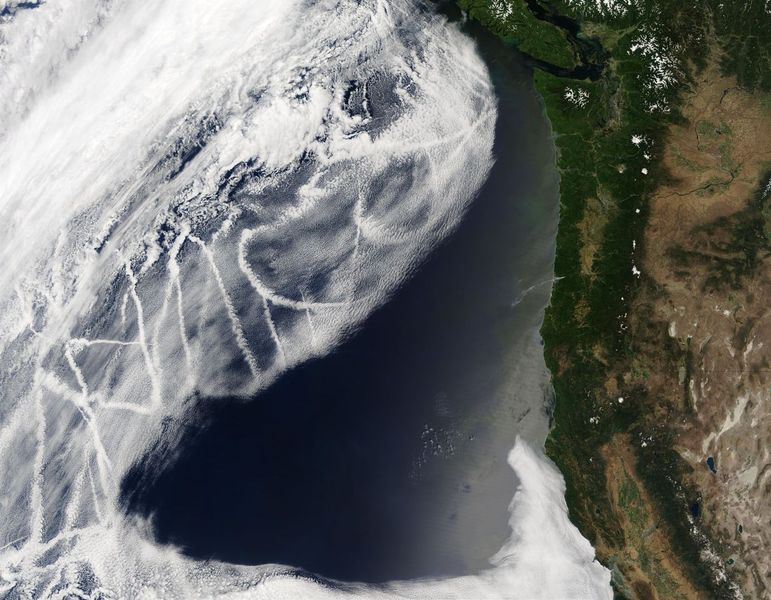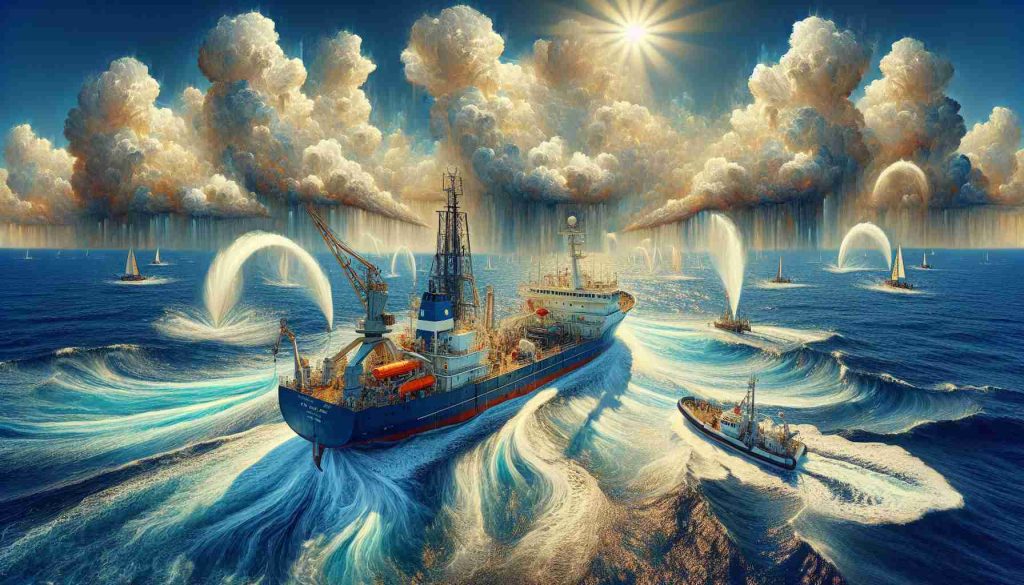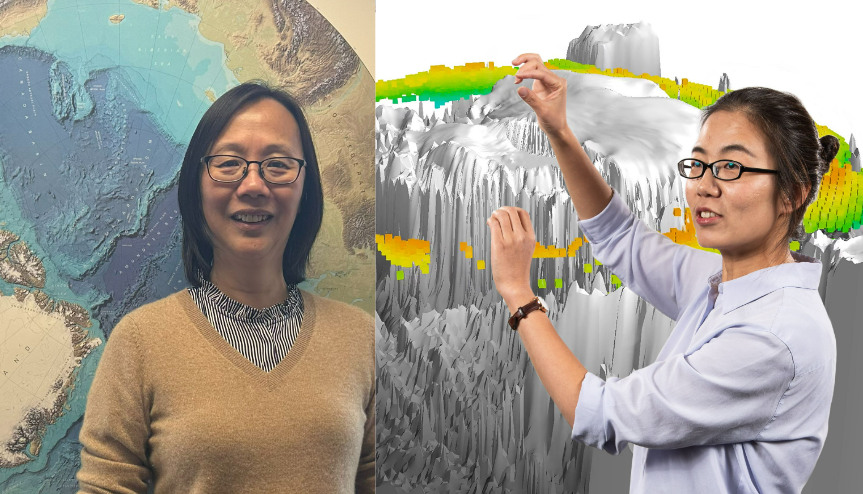Q&A: How rate of CO2 rise can affect a global ocean current
By Hannah Hickey, UW News
As we burn fossil fuels, the amount of carbon dioxide in Earth’s atmosphere is gradually rising, and with it, the planet’s average temperature.
Improving Prediction of Arctic Outbreaks Across the Northern Hemisphere
By Theo Stein, NOAA
New research on the Arctic confirms that even as the Arctic is warming faster than the rest of the world, cold-air outbreaks from the polar region will continue across the Northern Hemisphere in the coming decades.
NOAA Pilots Persevere Through September Weather for Critical Algae Research in Bering Sea
September 19, 2024 • Ben Townsend, KNOM
Crisp 40 degree temperatures, sunny skies, and smooth flying were a treat for the Arctic AIR team when they were last in Nome in June.
Staff Spotlight: Brynn Kimber
CICOES Research Scientist
Historically, whales, dolphins, and porpoises (i.e., cetaceans), have been somewhat mysterious in terms of their distribution, population structure, and hunting habits.
Startups Want To Cool Earth By Reflecting Sunlight. There Are Few Rules and Big Risks
By Julia Simon, NPR
As the private sector grows, not-for-profit entities are speeding up their research.
Postcard From The Field
Buoy Ride In The Gulf of Alaska
By Natalie Monacci
The Gulf of Alaska Ocean Acidification surface buoy, known as GAKOA, has been monitoring surface seawater carbon dioxide (CO₂) since 2013, aiming to detect change in seawater CO₂.
Marine Cloud Brightening Program Studies Clouds, Aerosols and Pathways to Reduce Climate Risks
Global climate change is about more than just greenhouse gas emissions — among the many complex systems that impact Earth’s climate, one of the most important is how much sunlight is reflected back into space by bright surfaces such as snow, ice and clouds.
See story at UW TodayExploring Oceanic Solutions to Climate Change: The Marine Cloud Brightening Experiment
By Marcin Frackiewicz
Summary: Researchers at the University of Washington together with SRI International have begun testing the concept of marine cloud brightening, an idea first proposed by British physicist John Latham over 35 years ago.
Warming is Getting Worse. So They Just Tested a Way to Deflect the Sun.
By Christopher Flavelle, The New York Times
A little before 9 a.m. on Tuesday, an engineer named Matthew Gallelli crouched on the deck of a decommissioned aircraft carrier in San Francisco Bay, pulled on a pair of ear protectors, and flipped a switch.
Meet the Women Advancing Our Knowledge of a Changing Arctic
This Women’s History Month, NOAA has shared the stories of more than 20 women across NOAA Research who are advancing our knowledge of ocean, atmospheric, and climate processes through science, leadership, management, communication, and outreach.
Continue reading at NOAA Research
